What Are Vitamins? Types, Benefits & Food Sources Explained
Vitamins are small but powerful organic compounds that your body needs to function properly. While they don’t provide energy like carbohydrates or fats, they play essential roles in maintaining your immunity, supporting growth, and regulating your metabolism. With today’s fast-paced lifestyles, understanding what vitamins are and how they affect your health is more important than ever.
What Are Vitamins?
Vitamins are organic substances required in small amounts to support normal bodily functions. Most vitamins can’t be produced by the body (or only in limited quantities), so they must be obtained through food or supplements. They support vital processes like cell regeneration, immune defense, and vision.
There are 13 essential vitamins, and each one plays a specific role in maintaining good health.
Function: Why Are Vitamins Important?
Vitamins are involved in nearly every biological function. Some of the key roles they play include:
- ✅ Supporting the immune system
- ✅ Helping in wound healing and tissue repair
- ✅ Aiding in energy production by metabolizing nutrients
- ✅ Supporting brain function and mood regulation
- ✅ Acting as antioxidants to fight cellular damage
Each vitamin has unique benefits. For example, Vitamin C boosts immunity, while Vitamin D helps with calcium absorption and bone health.
Types of Vitamins
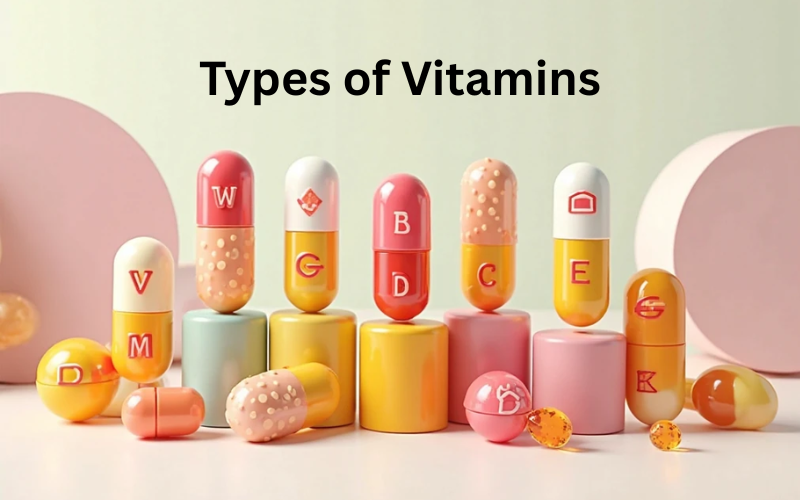
Vitamins are classified into two categories based on how they dissolve in your body:
1. Fat-Soluble Vitamins
Stored in the body’s fat tissues and liver. These include:
- Vitamin A – for vision and skin
- Vitamin D – for bones and immune health
- Vitamin E – antioxidant, protects cells
- Vitamin K – important for blood clotting
2. Water-Soluble Vitamins
These dissolve in water and are not stored, so they need regular replenishment:
- Vitamin C – immunity, antioxidant
- B-complex Vitamins (B1, B2, B3, B5, B6, B7, B9, B12) – energy, nerve function, red blood cell production
Food Sources of Vitamins
Getting vitamins from natural food sources is ideal. Here are some examples of where you can find key vitamins:
| Vitamin | Food Sources |
| Vitamin A | Carrots, spinach, sweet potatoes |
| Vitamin C | Citrus fruits, strawberries, bell peppers |
| Vitamin D | Sunlight, fortified milk, egg yolks |
| Vitamin E | Almonds, sunflower seeds, spinach |
| Vitamin K | Kale, broccoli, Brussels sprouts |
| B Vitamins | Whole grains, legumes, meat, dairy |
For those with dietary restrictions, fortified foods and multivitamin supplements may be useful.
Vitamin Deficiency and Side Effects
When your body doesn’t get enough of a particular vitamin, it can lead to deficiency-related diseases:
- Vitamin C deficiency – Scurvy (bleeding gums, fatigue)
- Vitamin D deficiency – Rickets in children, osteomalacia in adults
- Vitamin B12 deficiency – Anemia, nerve damage
- Vitamin A deficiency – Night blindness
On the flip side, overdosing on fat-soluble vitamins (like A or D) through supplements can lead to toxicity. Always stick to recommended levels unless advised by a healthcare professional.
Recommended Daily Intake (RDI)
The Recommended Daily Intake (RDI) for vitamins varies by age, gender, and health status. Below are general adult values:
| Vitamin | Recommended Daily Intake |
| Vitamin A | 700–900 mcg |
| Vitamin C | 75–90 mg |
| Vitamin D | 600–800 IU |
| Vitamin E | 15 mg |
| Vitamin K | 90–120 mcg |
| Vitamin B12 | 2.4 mcg |
| Folic Acid (B9) | 400 mcg |
Pregnant women, athletes, and seniors may need higher intakes for certain vitamins.
Vitamins vs. Minerals – What’s the Difference?
Both vitamins and minerals are micronutrients, but they differ in several ways:
| Vitamins | Minerals |
| Organic compounds (contain carbon) | Inorganic elements |
| Sensitive to heat and light | Stable under heat |
| Include A, B, C, D, E, K | Include iron, calcium, zinc, magnesium |
| Found in plant and animal foods | Found in soil, water, and foods |
While vitamins help with chemical reactions in the body, minerals often help build structures like bones and teeth.
How to Choose a Vitamin Supplement (If Needed)
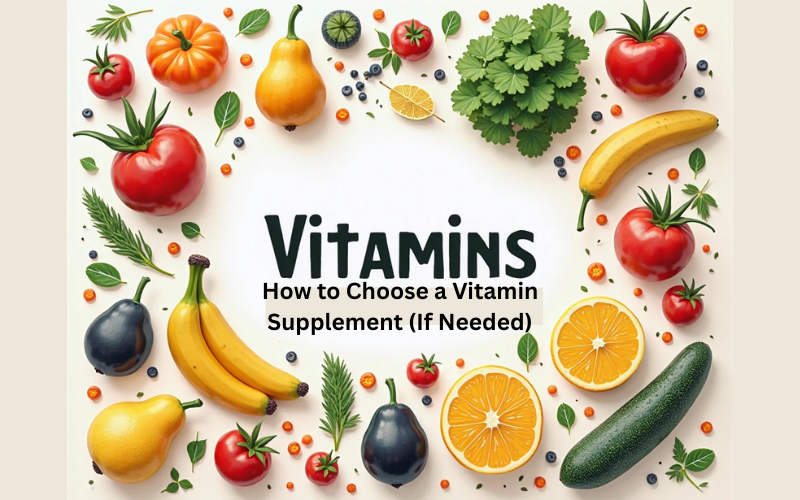
If your diet lacks variety or you’re in a high-risk group (elderly, pregnant, vegan), a vitamin supplement might help. Consider the following when choosing one:
- ✅ Look for USP or GMP certification for quality assurance
- ✅ Choose based on your age, gender, and lifestyle
- ✅ Avoid mega-doses unless prescribed
- ✅ Prefer supplements that complement your diet, not replace it
Always consult a healthcare provider before starting any long-term supplement plan.
FAQs: What People Ask About Vitamins
❓ What is the most important vitamin?
All vitamins are essential, but Vitamin D, C, and B12 are commonly deficient and vital for energy, bones, and immunity.
❓ Can I get all my vitamins from food?
Yes, a balanced, whole-food diet typically provides all the vitamins you need — but modern diets often fall short.
❓ Are multivitamins safe?
Yes, if taken as directed. Avoid megadoses and choose quality brands.
❓ How do I know if I’m deficient?
Symptoms like fatigue, frequent illness, dry skin, or poor concentration can indicate a deficiency. A blood test is the best confirmation.
Conclusion: The Role of Vitamins in Long-Term Health
Vitamins are crucial for your daily vitality and long-term health. They support everything from brain function to bone strength. While a healthy diet should always be the foundation, modern lifestyles may demand extra help through supplementation.
By understanding what vitamins are, the types, sources, and correct intake, you can make smarter choices for a balanced and energized life.
Want to upgrade your health with expert-recommended multivitamins? Browse our top-rated selection at https://synernutrition.com.pk




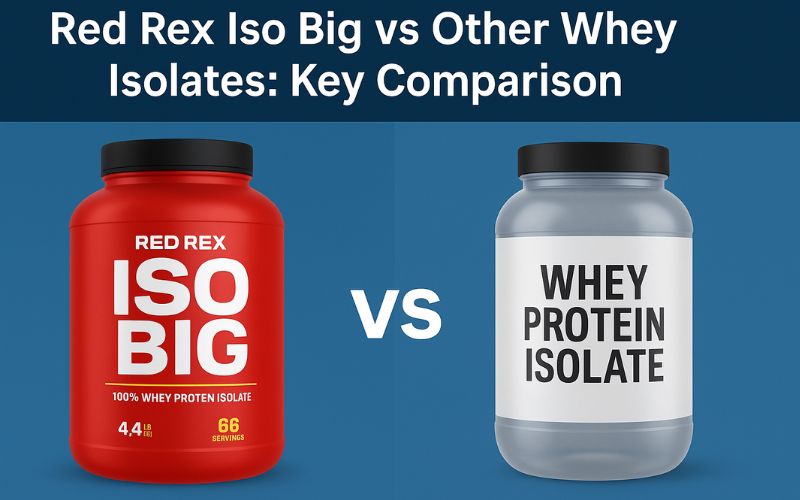
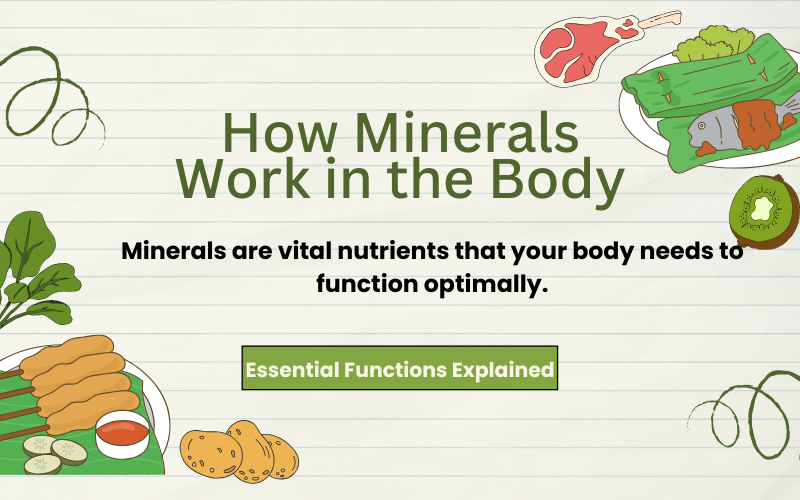
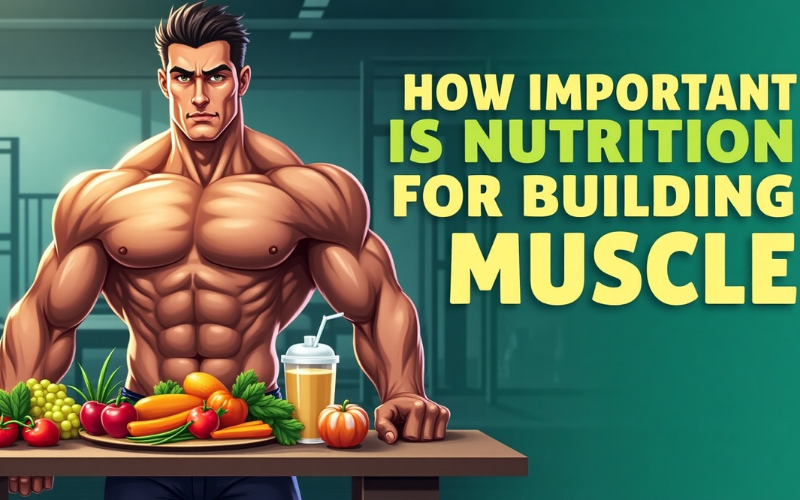


Add comment